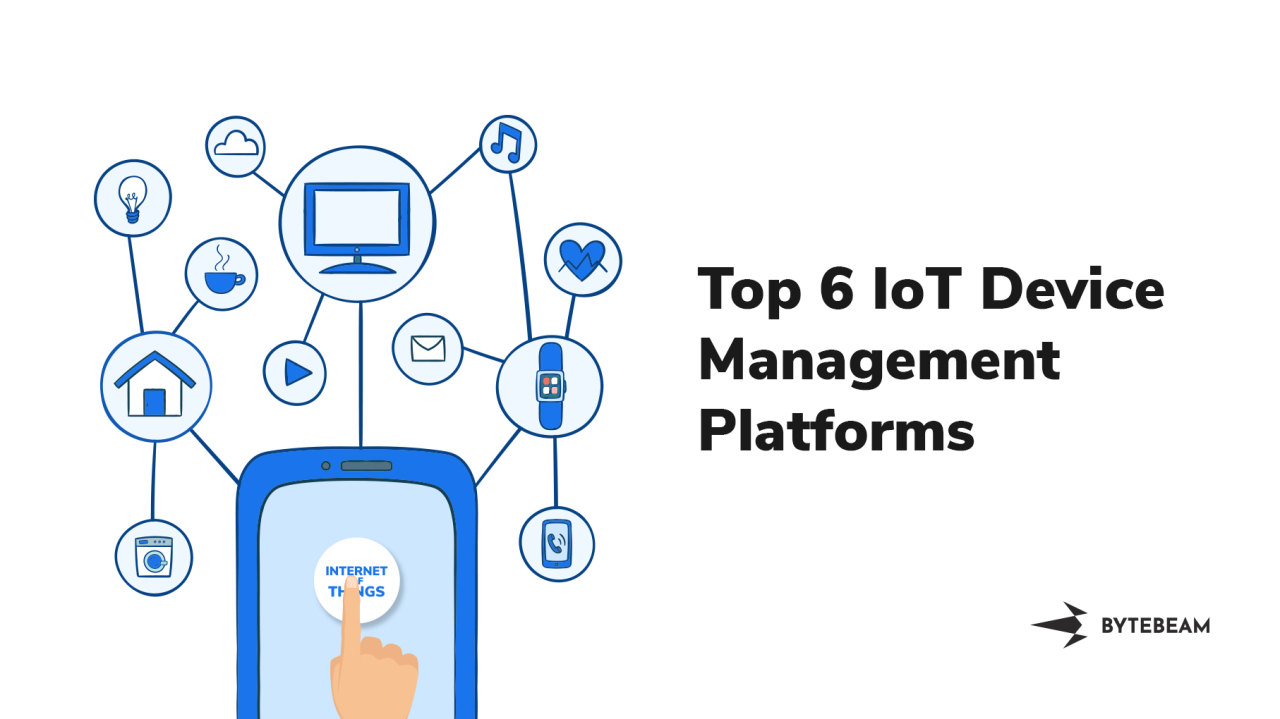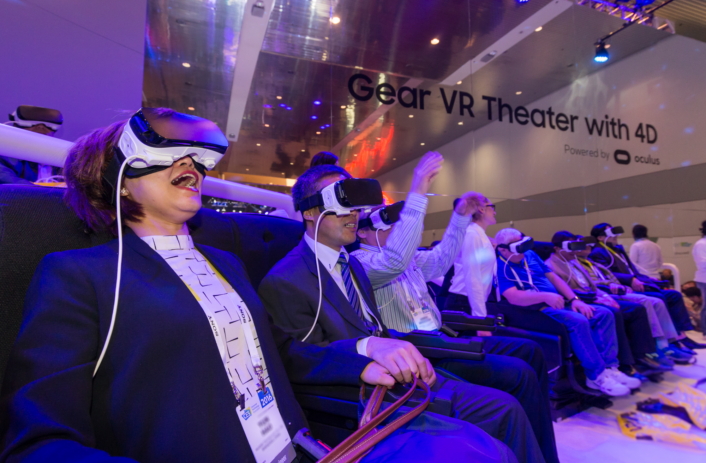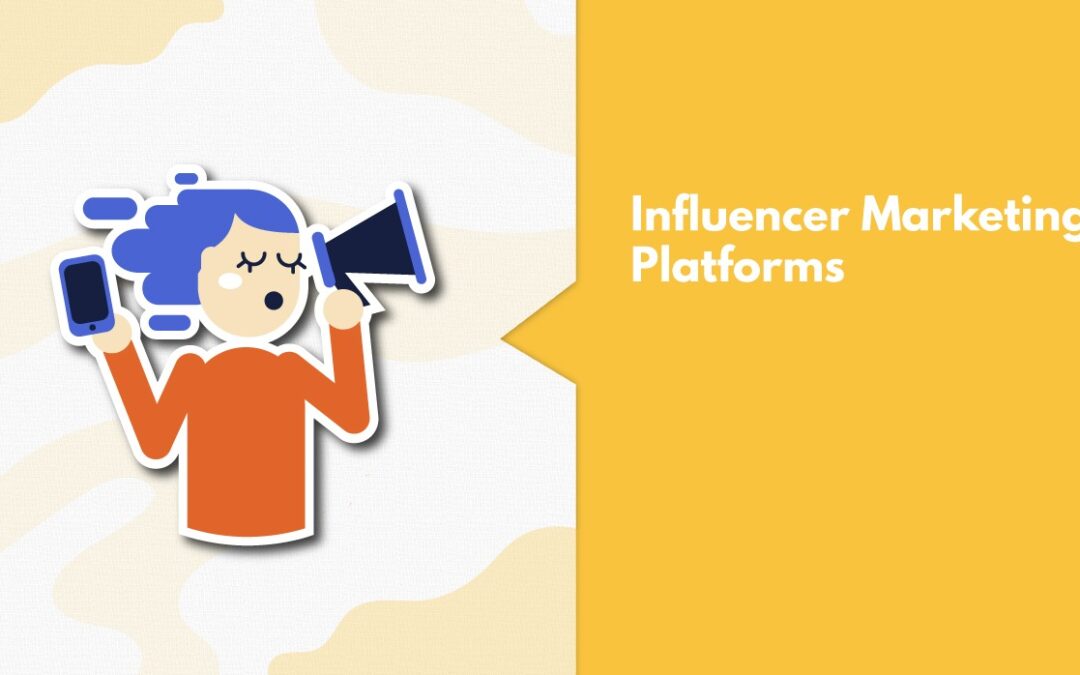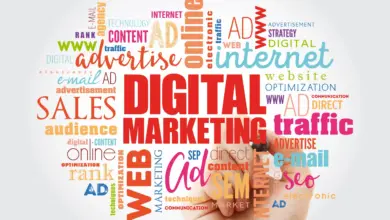Artificial Intelligence In Marketing
Artificial intelligence in marketing opens doors to innovative strategies and transformative approaches, paving the way for a new era of consumer engagement and data-driven decision-making.
From personalized campaigns to predictive analytics, AI is reshaping the marketing landscape with its powerful capabilities and insights.
Overview of Artificial Intelligence in Marketing
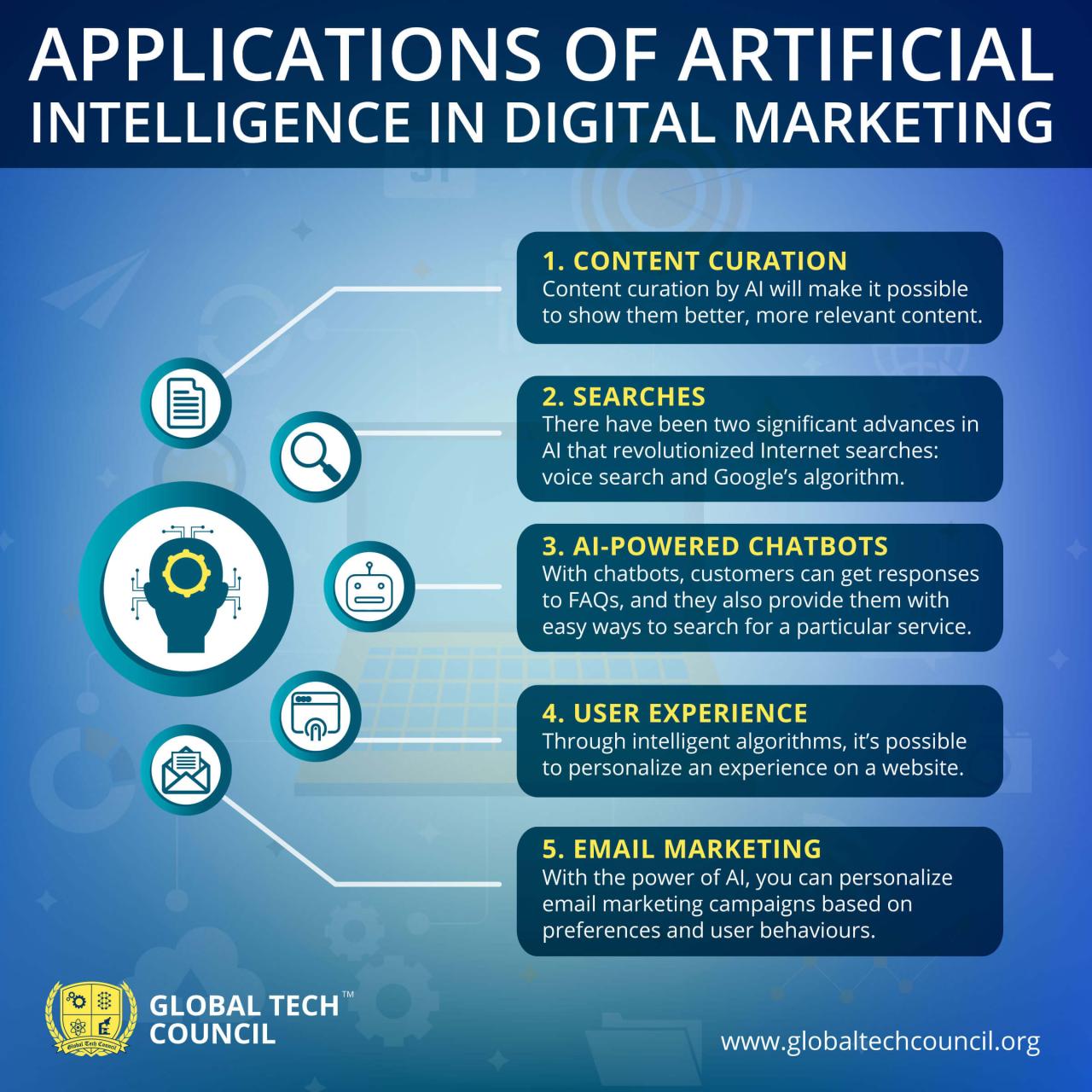
Artificial Intelligence (AI) plays a crucial role in revolutionizing marketing strategies by enabling businesses to analyze massive amounts of data and gain valuable insights to target the right audience effectively. With AI, companies can personalize their marketing campaigns, enhance customer experiences, and optimize their ROI.
Role of AI in Marketing Strategies
AI helps marketers in various ways, such as predicting customer behavior, automating repetitive tasks, and segmenting audiences based on their preferences. By leveraging AI-powered tools like chatbots, recommendation engines, and predictive analytics, marketers can streamline their processes and deliver targeted messages to the right people at the right time.
Transformation of Marketing Landscape
AI is reshaping the marketing landscape by providing advanced capabilities like natural language processing, image recognition, and sentiment analysis. Marketers can now understand consumer sentiments, create personalized content, and engage with customers on a more personalized level. This transformation has led to more efficient marketing campaigns and improved customer engagement.
Examples of AI Applications in Marketing
- Chatbots: AI-powered chatbots can interact with customers in real-time, providing instant support and personalized recommendations.
- Predictive Analytics: AI algorithms can analyze past data to predict future trends and behaviors, helping marketers make data-driven decisions.
- Content Personalization: AI tools can analyze customer preferences and behaviors to deliver personalized content recommendations, increasing engagement and conversions.
- Dynamic Pricing: AI can optimize pricing strategies based on market demand, competitor prices, and customer behavior, maximizing revenue and profit margins.
AI-Powered Personalization
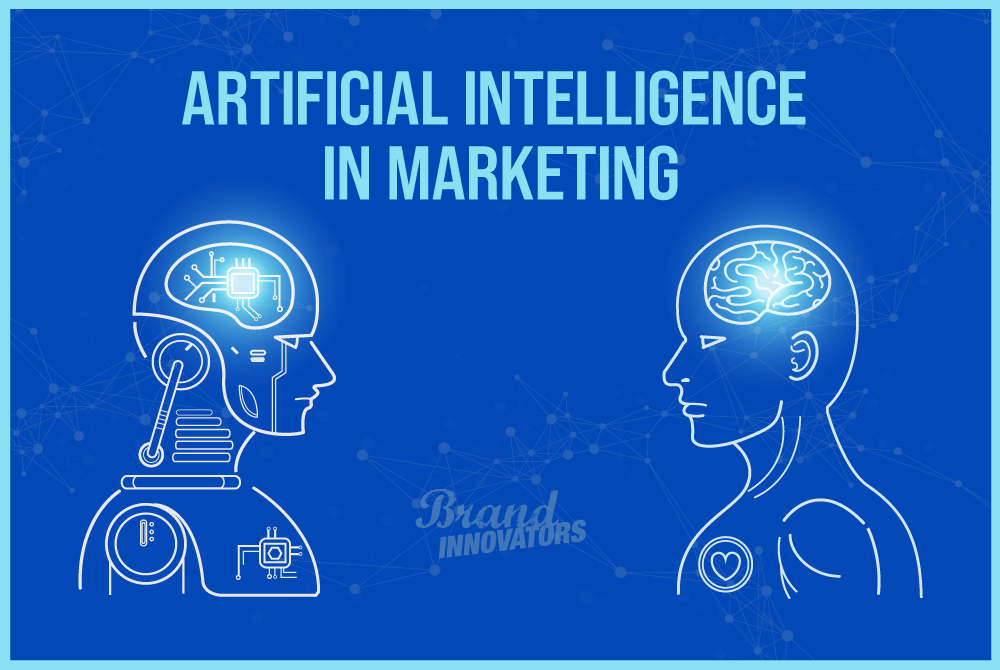
Artificial Intelligence (AI) is revolutionizing marketing by enabling personalized campaigns that cater to the individual needs and preferences of consumers. By leveraging AI algorithms and machine learning, marketers can analyze vast amounts of data to create targeted and relevant content for their audience.
Benefits of AI-Driven Personalized Content
- Enhanced customer experience: AI-powered personalization allows brands to deliver tailored messages and offers, leading to a more engaging and satisfying customer journey.
- Increased conversion rates: By delivering personalized content based on consumer behavior and preferences, AI helps drive higher conversion rates and sales.
- Improved brand loyalty: Personalized interactions build stronger relationships with customers, fostering loyalty and repeat business.
Examples of Successful AI-Powered Personalization, Artificial intelligence in marketing
- Netflix: The streaming service uses AI to recommend personalized content based on viewing history, ratings, and preferences, enhancing user satisfaction and retention.
- Amazon: Through its recommendation engine, Amazon provides personalized product suggestions based on browsing history and purchase behavior, increasing sales and customer engagement.
- Spotify: The music streaming platform utilizes AI to curate personalized playlists and recommendations, keeping users engaged and loyal to the service.
Predictive Analytics with AI
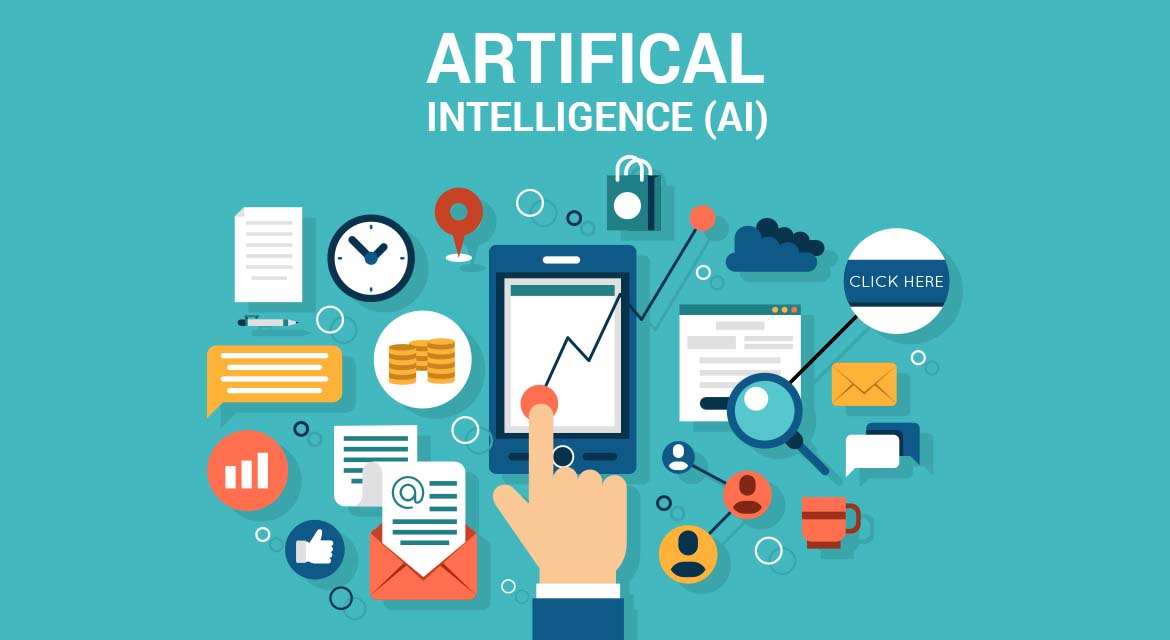
AI plays a crucial role in predictive analytics within marketing by utilizing data, algorithms, and machine learning to forecast future trends and behaviors. This enables companies to make informed decisions, personalize marketing strategies, and optimize campaigns for better outcomes.
Enhancing Customer Experience
Predictive analytics powered by AI allows businesses to analyze customer data and behavior patterns to anticipate their needs and preferences. By understanding customers better, companies can tailor their marketing efforts to provide personalized experiences, increasing engagement and loyalty.
- Amazon utilizes AI for predictive analytics to recommend products based on customer browsing and purchase history, enhancing the overall shopping experience.
- Netflix uses predictive analytics to suggest personalized content to users, increasing user satisfaction and retention.
- Spotify leverages AI to create curated playlists based on user listening habits, improving user engagement and loyalty.
Optimizing Marketing Campaigns
AI-driven predictive analytics helps marketers forecast the performance of their campaigns, identify potential opportunities, and allocate resources effectively. This leads to higher conversion rates, increased ROI, and improved overall marketing effectiveness.
- Google Ads uses AI for predictive analytics to optimize ad targeting and bidding strategies, maximizing the impact of advertising campaigns.
- Coca-Cola employs AI to analyze consumer data and predict trends, allowing the company to launch targeted marketing campaigns that resonate with their audience.
- Retail giant Walmart utilizes AI-powered predictive analytics to forecast demand, optimize pricing strategies, and enhance customer segmentation for more effective marketing initiatives.
AI-Driven Customer Insights

Artificial Intelligence plays a crucial role in helping businesses gain valuable customer insights that can significantly impact their marketing efforts. By utilizing AI technologies, companies can analyze vast amounts of data to understand customer behaviors, preferences, and trends in real-time.
Impact of AI-generated Customer Insights
AI-generated customer insights provide marketers with a deeper understanding of their target audience, enabling them to create personalized marketing campaigns that resonate with customers on a more individual level. This personalized approach leads to higher engagement, increased conversion rates, and ultimately, improved ROI for businesses.
- AI helps in identifying patterns and trends in customer data, allowing for more accurate segmentation and targeting of specific customer groups.
- By analyzing customer interactions across various touchpoints, AI can predict future behaviors and preferences, enabling marketers to proactively address customer needs.
- AI-powered predictive analytics can optimize marketing strategies by recommending the most effective channels, messaging, and timing for engaging with customers.
Companies Leveraging AI for Customer Insights
Many companies across different industries are leveraging AI to gain valuable customer insights and enhance their marketing efforts. For example, Netflix uses AI algorithms to analyze viewer data and recommend personalized content based on individual preferences. Amazon utilizes AI-powered recommendation engines to suggest products to customers based on their browsing and purchase history. Similarly, Starbucks employs AI technology to personalize marketing offers and promotions for its loyalty program members, driving customer loyalty and repeat purchases.
FAQ Section
How does AI impact marketing strategies?
AI revolutionizes marketing strategies by enabling personalized campaigns, predictive analytics, and valuable customer insights.
What are the benefits of AI-driven personalized content?
AI-driven personalized content enhances consumer engagement, increases conversion rates, and improves overall marketing ROI.
Can you provide examples of successful AI-powered personalization in marketing?
Companies like Amazon and Netflix utilize AI to deliver tailored recommendations and personalized experiences to their users, showcasing the effectiveness of AI-powered personalization in marketing.


